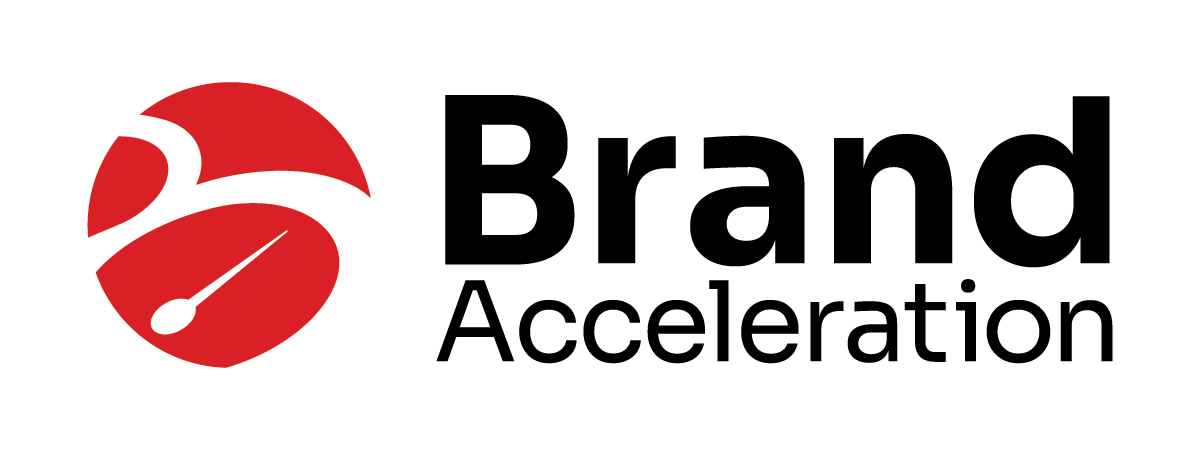
Having spent my entire career in the marketing industry I can tell you that one thing has not changed, and that is the language marketers use. It’s no wonder people misuse terms that we take for granted.
Why is it important to use the correct terminology, you ask. To communicate effectively about the subject and not sound uninformed, you must know the lingo, especially if you are among professional marketers. Simply put, if you’re going to work with a marketing professional, one of the most important things you can do is learn the basics.
We occasionally get calls from someone saying, “We need a new brand.” Although we know they are asking for a new logo, their misuse of the lingo immediately tells us we are dealing with someone who does not know the difference between a brand and a logo. It’s a common mistake, but it definitely gives us an idea of what we’re working with.
Here are just a few examples of the most misused terms:
Marketing vs. Sales
I was once talking with a friend who was the VP of Marketing for a Fortune 500 company. I asked him what he thought of companies that referred to sales and marketing as if they were one and the same. He smiled and said, “I want those companies as competitors. If they believe they are the same thing, they are likely doing neither well.”
The primary function of marketing is shaping opinions. Expert marketers understand that everything they do should be based on the molding of perceptions and growing the trust relationship with target consumers. Done well, the marketing department’s efforts will help the sales department by opening the attitudinal doors and piquing interest, laying the groundwork for sales.
Sales, or selling, is an art form. Great sales people work closely with prospective buyers to discover their needs and then suggest solutions to solve them. A true one-on-one relationship strategy, selling focuses on taking the leads generated by marketing and turning them into billable projects.
Marketing vs. Design
We often encounter communities that have hired someone with design skills and given them a title of Marketing Director. Design is only a small part of marketing. While someone may be a highly skilled designer, a deep understanding of marketing strategy and psychology is vital to a successful marketing piece.
Expert marketers are deeply aware of the position a community holds in the mind of the consumer. They will develop an objective-based strategy to reinforce or alter those opinions. The marketer will consider all the tools available – including verbal, visual (including design), emotional, and more – to help achieve their messaging goals.
Brand vs. Logo
This must be one of the most confusing of all because, while a brand and logo are not the same thing, the terms are often used interchangeably. While your brand influences your logo, the two things are not one in the same. In short, a brand is something you feel, and a logo is a visual that stimulates those feelings.
A brand is an emotional thing. It is the special trust relationship between the consumer and a community. It’s the promise that the community either keeps or breaks. A logo is a brand stimulus, something that triggers an emotional feeling. Consider McDonald’s. When a consumer sees the golden arches, they immediately experience a preconceived set of expectations. They know that when they enter a McDonald’s store, they will experience certain sights, sounds, and smells that are unique to McDonald’s.
In the marketing industry, we make matters worse by using the term “branding” when we talk about the use of the logo, graphic design, voice, and other factors related to the community, product, or company. It’s no wonder people are confused. Simply put, branding is the application of brand standards, and a logo is the graphic element or mark.
Whew! Clear as mud, right?
In the next installment, I’ll dig into other confusing language, such as billboards vs. outdoor advertising, public relations vs. advertising, and others. If you have any marketing terms you find confusing, let me know and I can include them.
